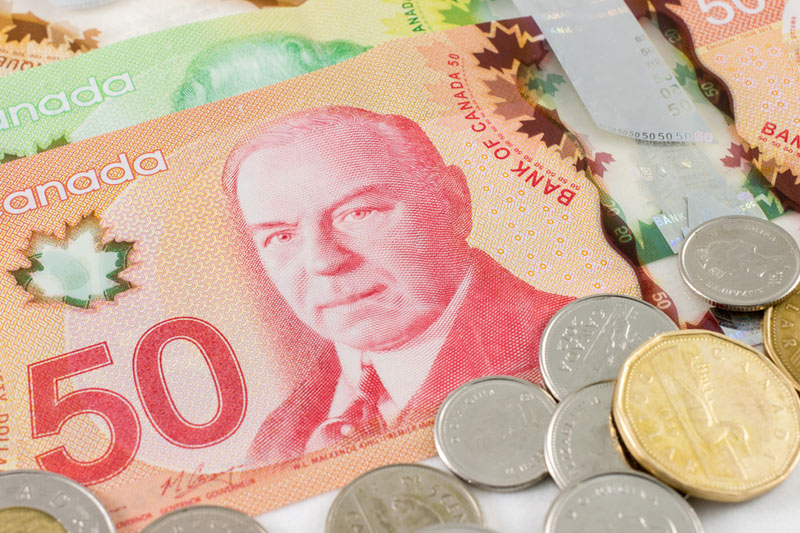Investing.com - The U.S. dollar climbed against its Canadian counterpart on Friday, after data showed that Canada's economy slowed last month and as growing optimism over the strength of the U.S. economic recovery boosted demand for the greenback.
USD/CAD hit 1.1276 during early U.S. trade, the pair's highest since October 22; the pair subsequently consolidated at 1.1275, advancing 0.78%.
The pair was likely to find support at 1.1184, the session low and resistance at 1,1299, the high of October 21.
In a report, Statistics Canada said that the country's gross domestic product retreated 0.1% in September, compared to expectations for stagnation. In August, Canada's growth rate was flat.
In the U.S., data showed that personal spending fell 0.2% last month, disappointing expectations for a 0.1% rise, after an increase of 0.5% in August.
The report also showed that U.S. personal income rise 0.2% in September, less than the expected 0.3% gain, after a 0.3% advance the previous month.
But the weak data was overshadowed by recent signs the U.S. economic recovery is on track as the Commerce Department reported on Thursday that U.S. gross domestic product grew at an annual rate of 3.5% in the three months to September, beating forecast for 3%.
A separate report showed that the number of Americans filing new claims for jobless benefits rose for a second week last week, but underlying trends still pointed to a recovery in the labor market.
The loonie was little changed against the euro, with EUR/CAD inching up 0.02% to 1.4115.
In the euro zone, official data earlier showed that consumer price inflation rose at an annualized rate of 0.4% this month, in line with expectations, up from 0.3% in September.
Core CPI, which excludes food, energy, alcohol, and tobacco, rose at an annualized rate of 0.7% in October, down from 0.8% from the previous month and compared to expectations for a reading of 0.8%.
A separate report showed that the euro zone's unemployment rate remained unchanged at 11.5% last month, as markets had anticipated.
Data also showed that German retail sales dropped 3.2% last month, compared to expectations for a 1.0% fall. August's figure was revised to a 1.5% increase from a previously estimated 2.5% rise.
